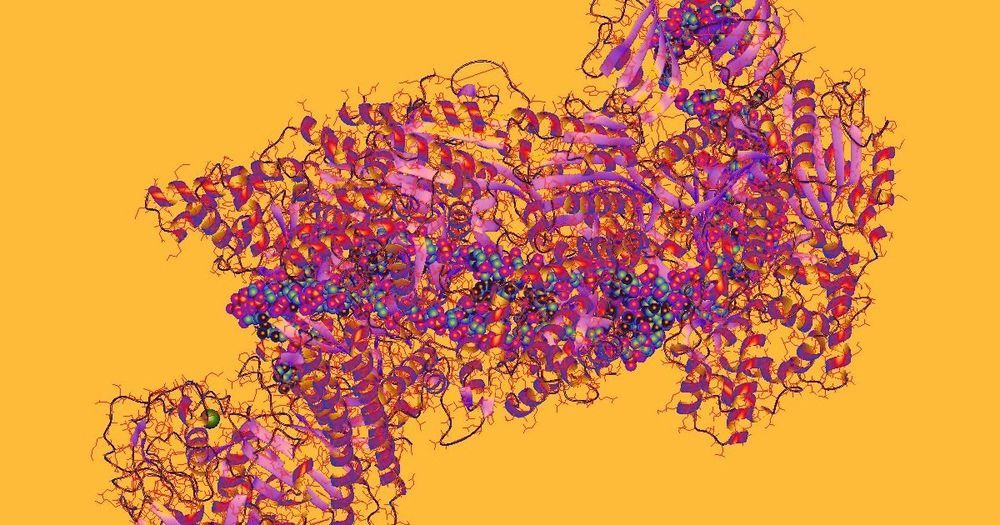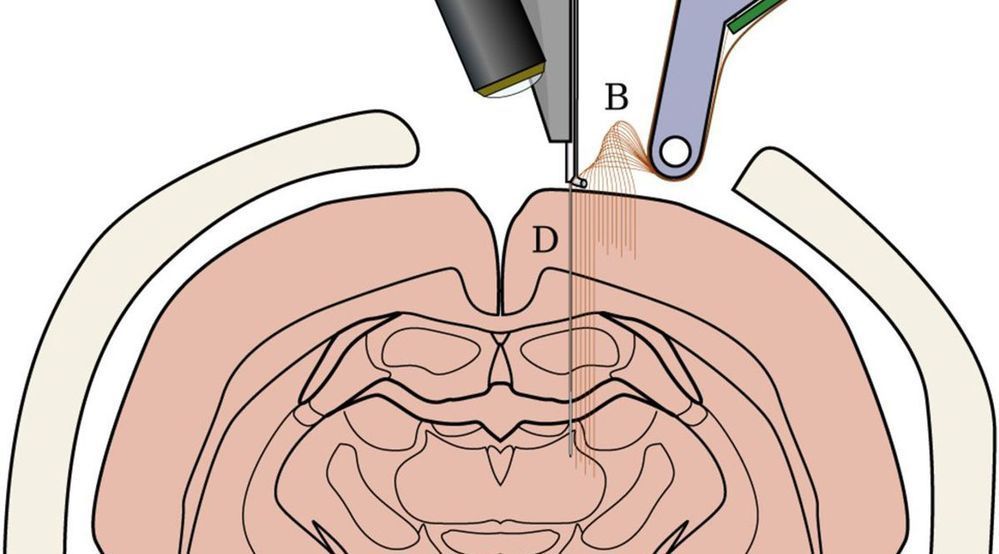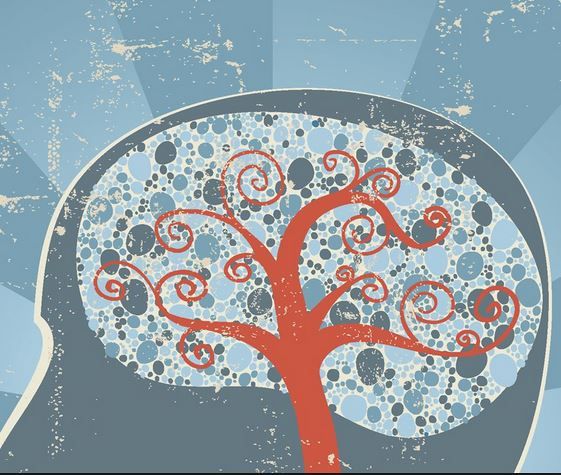Two new studies confirm that weight control is often the result of genetics, not willpower.



Scientists have developed a first-of-its-kind device that generates electricity from nothing other than the natural phenomenon of snowfall.
Based upon the principles of the triboelectric effect, in which electrical charge is generated after two materials come into contact with one another, the researchers’ new technology exploits the fact that snow particles carry a positive electrical charge.
Because of that, snowflakes give up electrons, provided they get a chance to interact with the right, negatively charged substance.



On Monday, a UPenn spokesperson confirmed to NPR that the institution’s researchers have officially started using CRISPR on humans — marking a national first that could lead to a more widespread use of the technology in the future.
Last Resort
The spokesperson told NPR that the UPenn team has thus far used CRISPR to treat two cancer patients, one with multiple myeloma and one with sarcoma. Both had relapsed after standard cancer treatments.
A pair of Australian scientists have built an undersea robot to save the Great Barrier Reef.
A newly developed undersea robot could help researchers reverse the drastic coral collapse that has occurred on the Great Barrier Reef in recent years.
Circulation and cellular activity were restored in a pig’s brain four hours after its death, a finding that challenges long-held assumptions about the timing and irreversible nature of the cessation of some brain functions after death, Yale scientists report April 18 in the journal Nature.
The brain of a postmortem pig obtained from a meatpacking plant was isolated and circulated with a specially designed chemical solution. Many basic cellular functions, once thought to cease seconds or minutes after oxygen and blood flow cease, were observed, the scientists report.
“The intact brain of a large mammal retains a previously underappreciated capacity for restoration of circulation and certain molecular and cellular activities multiple hours after circulatory arrest,” said senior author Nenad Sestan, professor of neuroscience, comparative medicine, genetics, and psychiatry.


However, we are not there yet and we have to take it step-by-step, says Dr Anna Anund from the Swedish National Road and Transport Research Institute (VTI). She and her team are developing sensor-based systems as part of the ADAS&ME project to move towards level three, in which the driver can rest and would only be expected to drive when the car requests it.
When you’re sleepy, stressed or have had a few drinks, you’re not in the best position to drive – or even make that decision. But automated cars could soon make that call for you.

The first thing our doctor noticed the day after his patient received the ACIST stem cells was her saying hello to him in a heartwarming fashion — completely different from the day before treatment when she was quiet and withdrawn. Post-op day one was a new beginning for this beloved mother and her daughter, fighting moms Alzheimers disease together.
When I brought the car to start driving her home, my mother got in and instead of being confused and trying to put the safety belt into the door as was typical, she put it in the buckle! excitedly explained her daughter during a call while driving home that same day.
Her mother had enrolled in MD Stem Cells new Alzheimers Autism Cognitive Impairment Stem Cell Treatment Study or ACISThis is the first open-label, non-randomized study designed for patients with dementias, including Alzheimers, treating them with their own bone marrow stem cells called BMSC. All enrolled patients receive active BMSC treatment- there is no placebo arm — making it different from most drug studies.